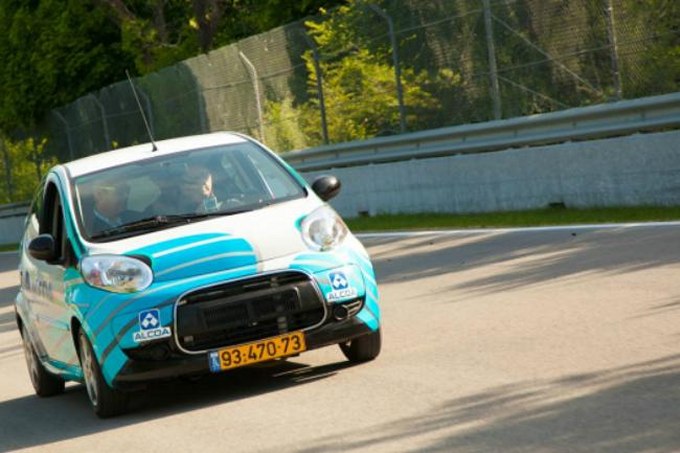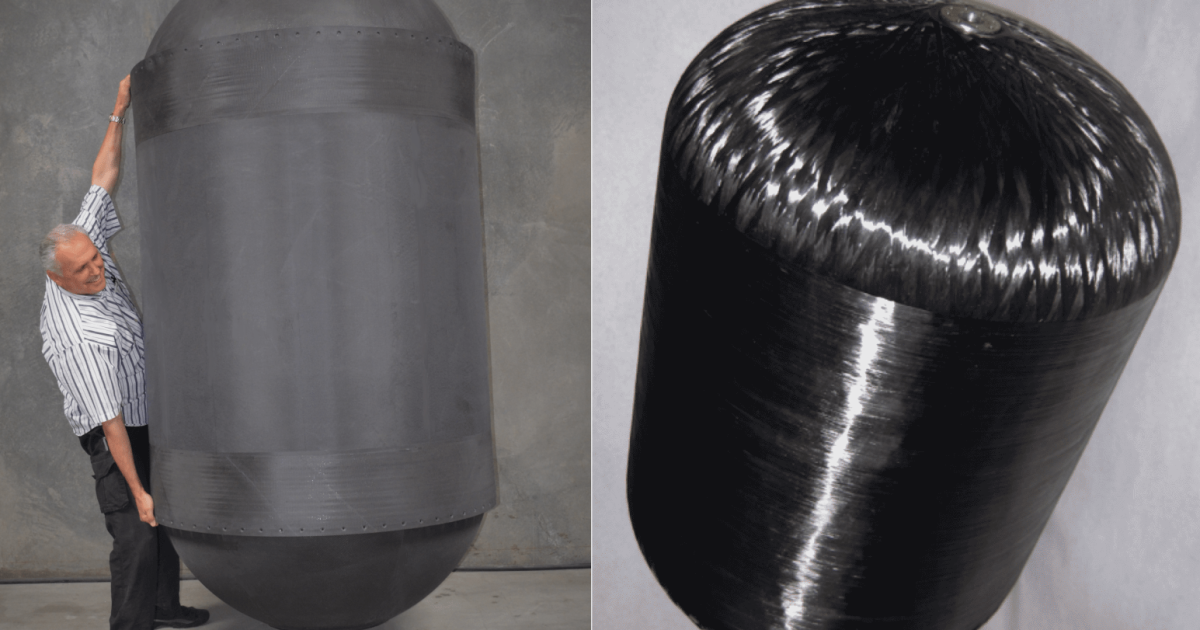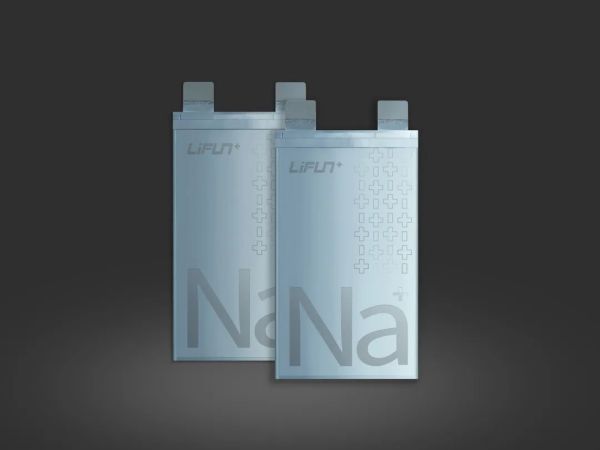One of the biggest obstacles facing the wider uptake of electric cars is the range, or as some manufacturers call it, “range anxiety”, the fear that your battery just won’t cut it for the entirety of your journey. There’s some interesting research happening in the U.S. and Europe right now that hopes to extend the battery life of lithium-ion batteries. In Canada, we have just gotten the first glimpse of a car whose makers claim can travel 1,000 miles on one charge.
The modified Citreon C1 car, which was unveiled in Montreal earlier this month, has been brought to life by Alcoa Canada and Israeli battery manufacturer Phinergy. The new car uses the regular lithium-ion battery but also employs an aluminum-air battery, a relatively new innovation. The combined power of the two batteries could see cars take on 1,000 mile journeys.
The lithium-ion battery still carries the bulk of the work for powering the car, relying on the aluminum-air battery as a back-up once it has run dry. The aluminum-air battery is powered by oxygen in the air, and water that is added by the user, which causes a chemical reaction and ultimately an electric charge. However, aluminum-air batteries are not rechargeable. But according to the manufacturers, topping up the battery with water every month will keep the battery running for years.
Phinergy and Alcoa are hoping to conduct road tests in Quebec in the near future but will require approval from the government.








